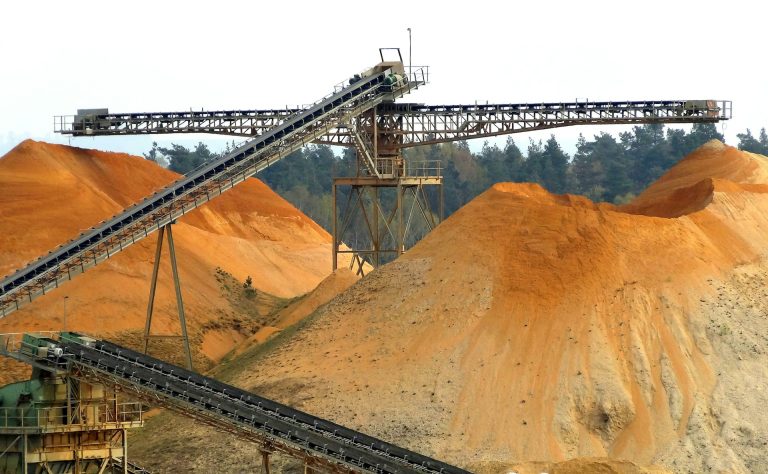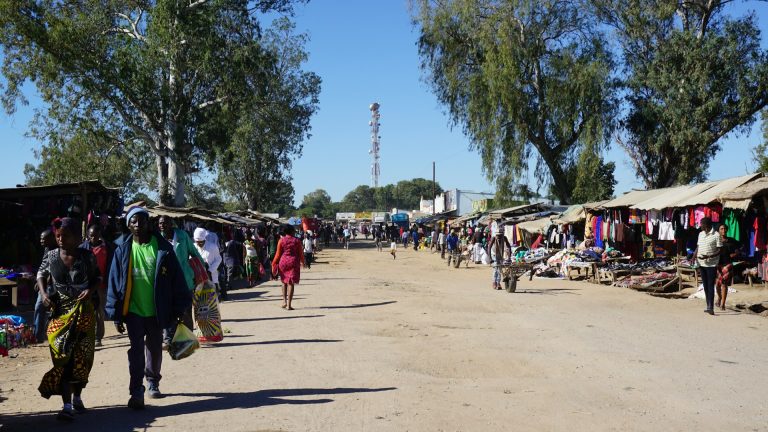- Advances in seismic imaging boosting exploration confidence
- Faster permitting in some countries, but legal delays elsewhere
Cape Town, South Africa – Africa’s oil and gas sector is entering a new era of exploration driven by enhanced seismic imaging, richer subsurface data and faster permitting procedures, industry executives said.
Emmanuelle Garinet, vice president of Exploration Africa at TotalEnergies, said that Africa’s frontier basins contain significant untapped volumes.
She cited Namibia as a case study of how better data can reduce risk.
“When we decided to drill the Venus well, it was frontier, but we had a probability of success of more than 50 % because of the seismic data and direct hydrocarbon indicators,” Garinet said at the Africa Energy Week 2025.
In the Republic of Congo, TotalEnergies has secured approval to drill in under six months.
“We got our permit in less than six months and are preparing for drilling by the end of the year,” Garinet added. In contrast, she criticised South Africa’s permitting system, which faces legal challenges and delays, calling them “unacceptable” given limited exploration budgets globally.
Chevron’s CEO, Gavin Lewis, emphasised the necessity of expansive subsurface datasets.
“Before you can do any AI-driven workflows, you need a dataset that illuminates what the subsurface looks like,” he said.
He argued that “what Africa has lost is the ability to sponsor multi-client subsurface datasets. The only basin that allows for large, regional high-quality datasets is the Gulf of America, which has allowed that basin to reinvent itself multiple times.”
Deep data, new frontiers
In Egypt’s Nile Delta, bp is pioneering new survey techniques. Bryan Ritchie, bp’s vice president of Exploration, noted that the company had completed the first deepwater ocean-bottom node seismic survey over the Atoll field.
He added that the Egyptian Natural Gas Holding Company is now expanding multi-client data coverage across a broader area of the delta. “We’re seeing new opportunities for these images,” Ritchie said.
Woodside Energy also sees value beyond new discoveries. Terry Gebhardt, Woodside’s vice president of Exploration, argued that geoscience and subsurface data are pivotal not only for exploration but also for carbon capture and storage projects and for optimising recovery in existing fields.
Panel moderator and sponsor EnerGeo Alliance spotlighted the scale of the sector’s prospective resurgence. Nikki Martin, president and CEO of EnerGeo Alliance, projected African oil and gas capital expenditure reaching $54 billion by 2030, following a $6 billion surge in exploration spending in 2024.
The optimism was a recurring theme: enhanced data quality, faster permitting where possible, and renewed investor appetite together hint at a transformative moment for African hydrocarbon development. But challenges remain, particularly uneven regulatory regimes and legal frameworks which in some jurisdictions may still slow progress.
If Africa can streamline permitting and harness the latest survey and imaging tools, proponents say it could reposition itself as a frontier of hydrocarbon innovation – and potentially reshape energy geographies well beyond the continent’s borders.











